Natural Resources
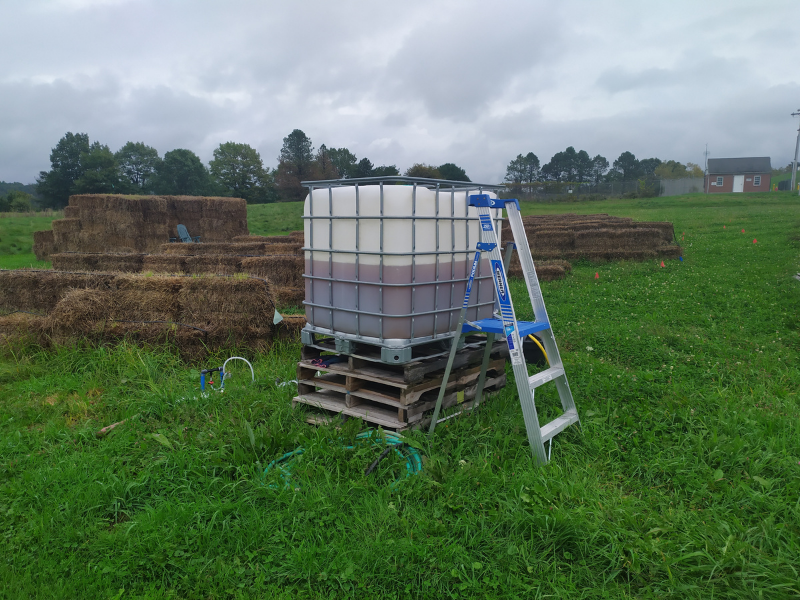
The current modern economy creates a lot of waste. Waste that piles up in landfills, in water bodies and in city streets. In countries that can afford wastewater systems, human excreta are usually dealt with in a sanitary fashion. But for poorer countries, the disposal of human waste, especially in cities, can cause health problems.
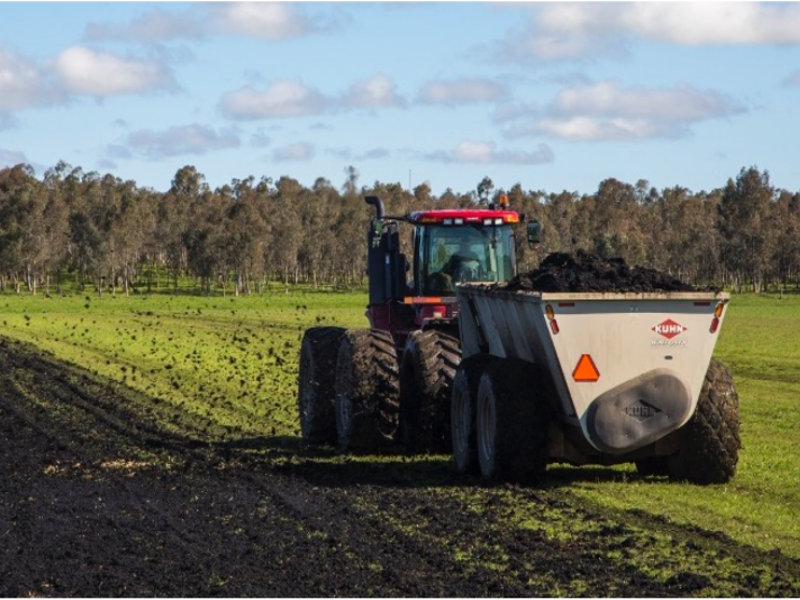
Many people do not know that human waste can be recycled to benefit the environment. After intense treatment, it can be applied to fields in the form of biosolids.

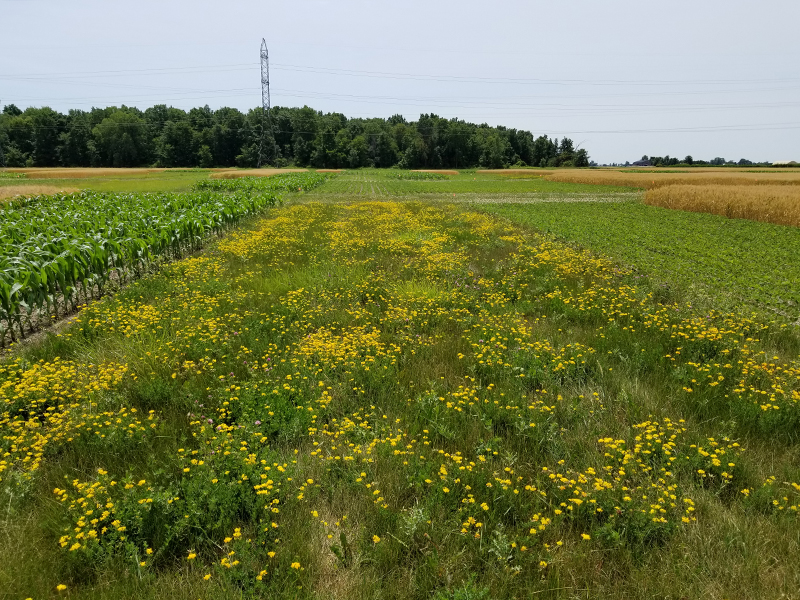
Soils, like people, can be healthy or unhealthy. We’ve recently learned how important the microbes inside our bodies are to human health. Likewise, soil health depends on a complex group of microbes. These bacteria and fungi recycle nutrients and prepare the soils to better support plants.
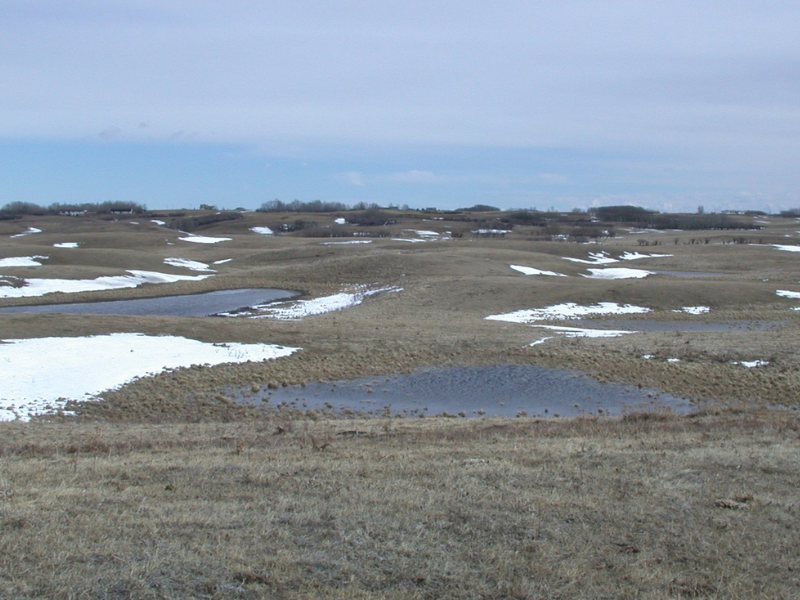
The water cycle is a delicate balance. In natural settings, water from rainfall or snowmelt can soak into soil or runoff to streams. Some of the water is stored in natural underground reservoirs – called groundwater. Plants use up the water to grow, and then new precipitation refills the groundwater – a process called groundwater recharge.
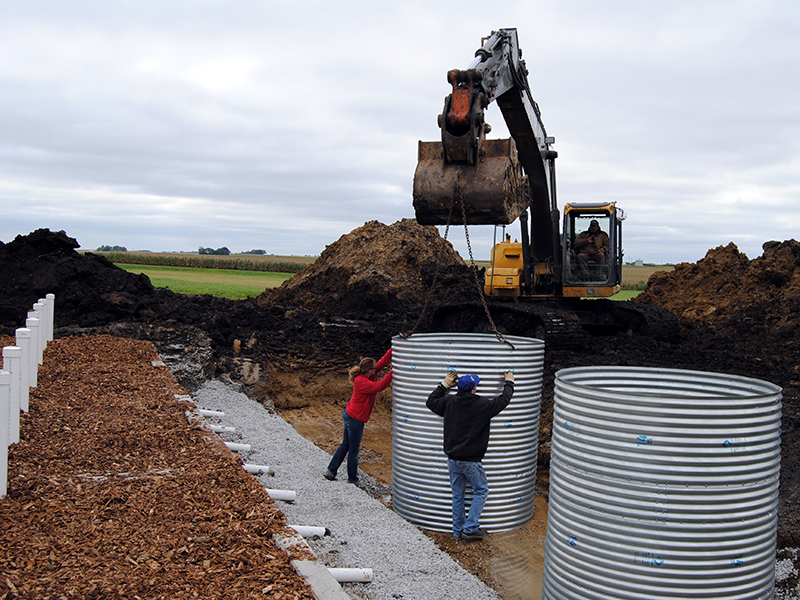
Bioreactors are underground trenches filled with woodchips. They have been gaining traction as a tool to remove nitrogen from the water in agricultural settings. 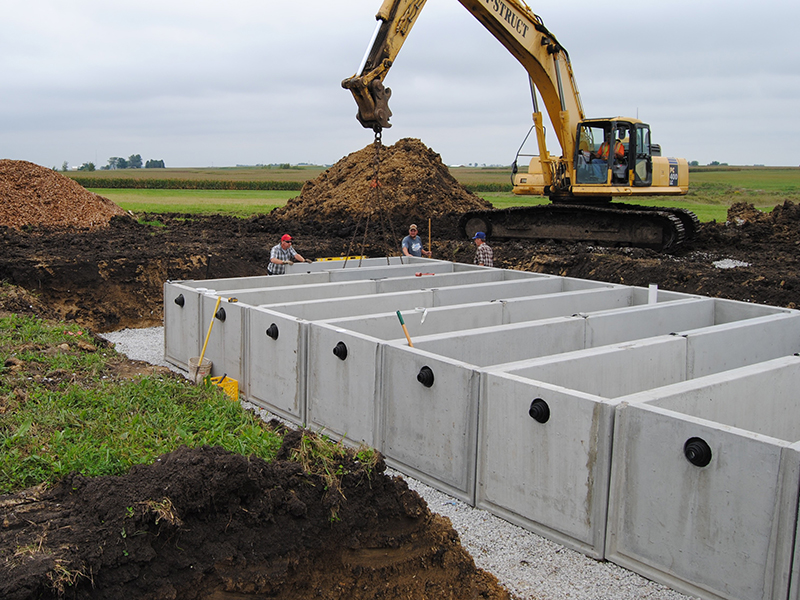
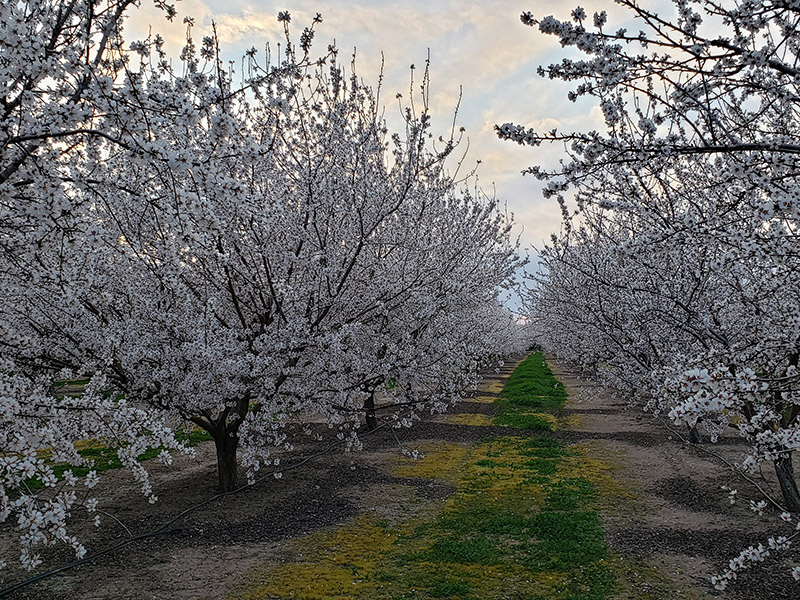
For years it’s been relatively easy to measure pollution from, say, a factory. At a factory, there might be just one pipe of waste to measure. Easy enough.
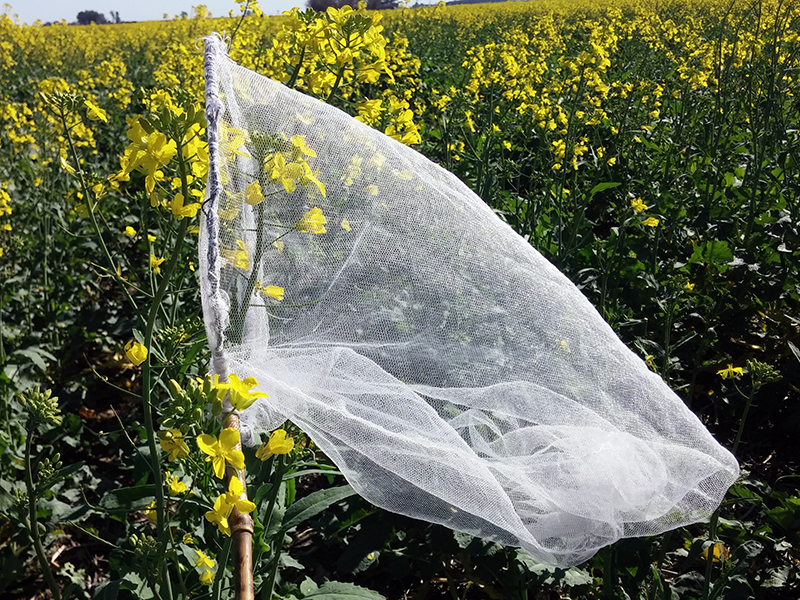
Farmers pay attention to many aspects of their crops. They carefully track how much water they are giving them and the amount of fertilizer they are using. But what about how many bees and butterflies are visiting?
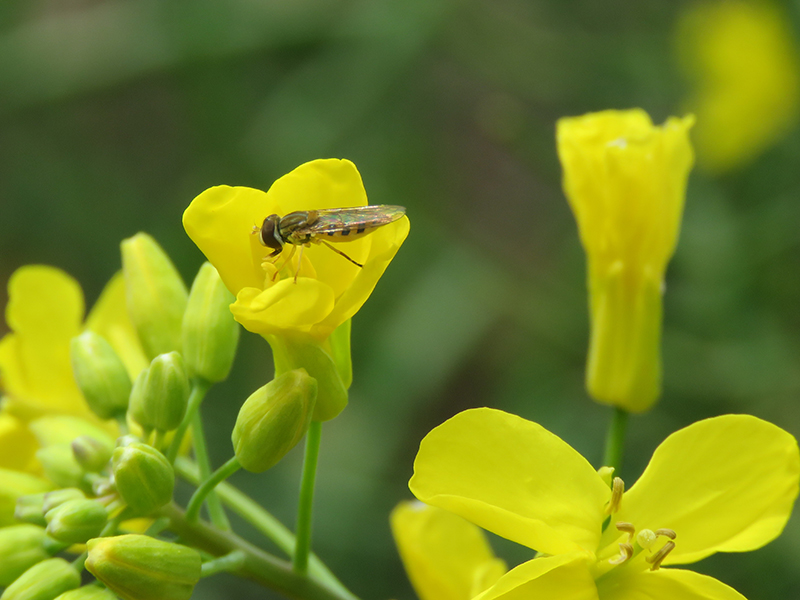

Carbon nanotubes are tiny. They can be a hundred thousand times smaller than the width of a human hair. But they have huge potential.

Products manufactured using carbon nanotubes include rebar for concrete, sporting goods, wind turbines, and lithium batteries, among others.
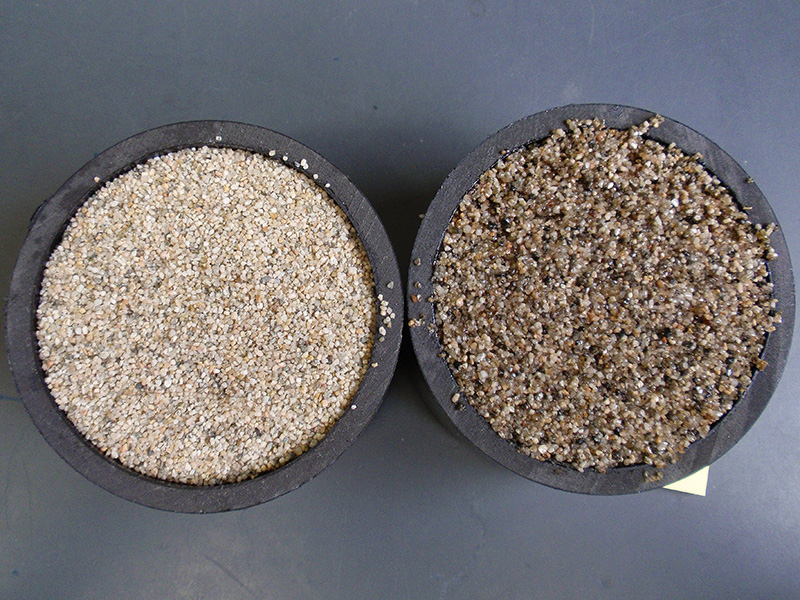
Farmers often need to regulate soil temperature, reduce weeds, and minimize water loss. Agricultural mulch can help farmers do so.
But the plastic in commonly used agricultural mulch can degrade soil and water quality. Microplastics can even enter the food chain.

